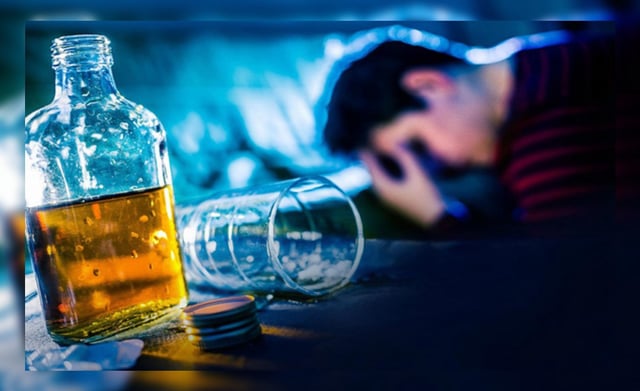Overview
- In a 48-participant pilot, repetitive TMS reduced alcohol cravings by nearly 80% within two weeks, with only one relapse reported
- Sessions were combined with psychological support and pharmacotherapy to reinforce prefrontal inhibitory control and dampen subcortical craving signals
- The approach is based on a neurobiological model that distinguishes an overactive “accelerator” in the amygdala from a weakened “brake” in prefrontal regions
- High-end TMS devices cost between 700,000 and 2 million pesos, posing economic barriers to broader clinical adoption in Mexico
- Lack of formal health-system regulations risks limiting access and encouraging the proliferation of unverified stimulators


